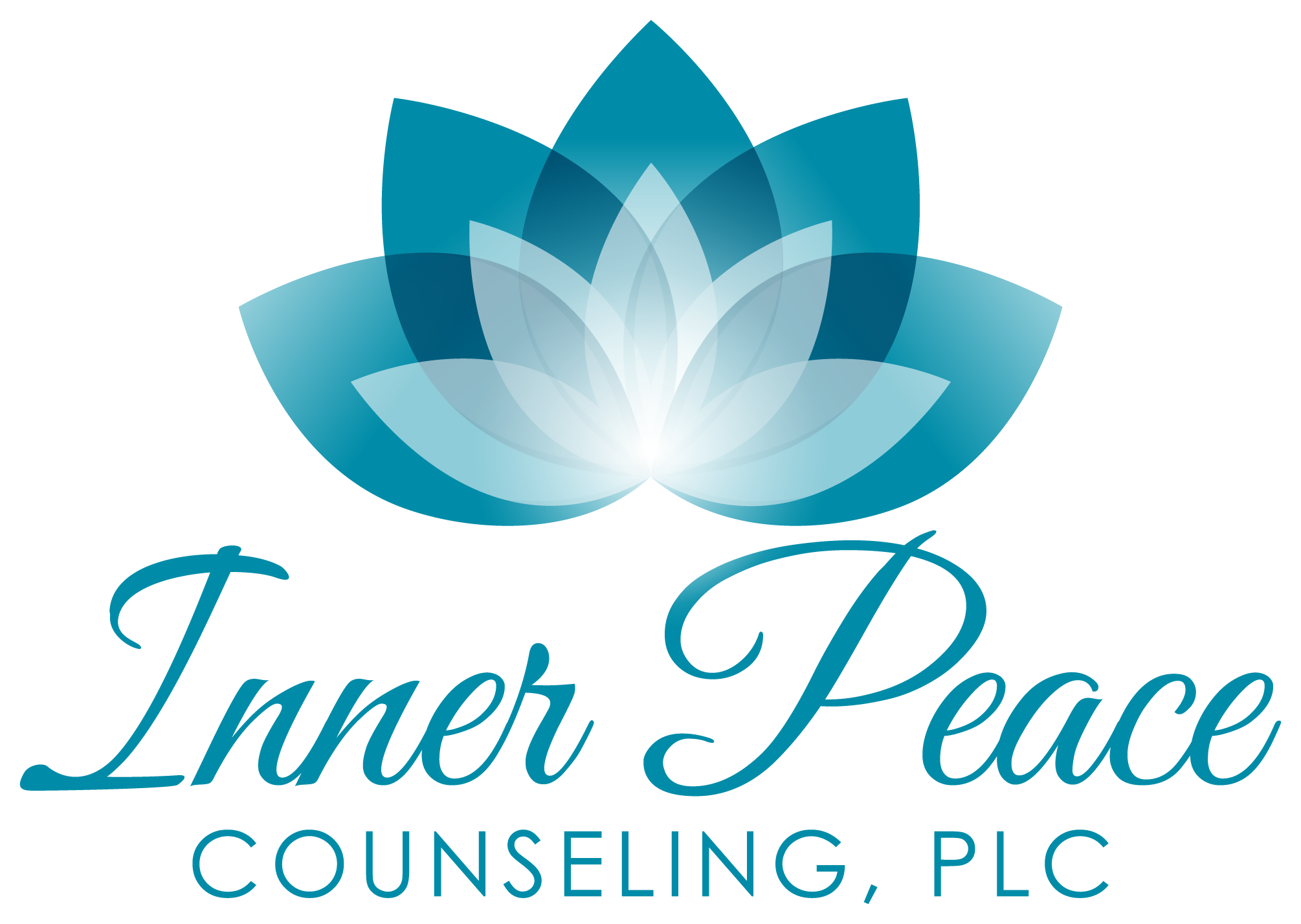By: Ashley Carter Youngblood
Categories:
An Introduction to Mindfulness
Mindfulness in Kalamazoo
Posted July 16, 2018 –
“Mindfulness” has become a buzzword over the past several years that makes it similar in popularity to things like “yoga” or “meditation.” In short, mindfulness is the ability to focus on the present moment, become aware of body and emotional sensations, and accept any inner dialogue about the present situation without judgment. You can find more resources about cultivating this skills here. Since 1979, when John Kabat-Zinn developed the Mindfulness-Based Stress Reduction (MBSR) program based on Eastern Philosophy concepts, it has blossomed in popularity. This MBSR program is now used in behavioral health and medical health treatment centers all over the world based on the strong evidence supporting its effectiveness.
The research supporting this approach to therapy is one reason why I incorporate it into my work with clients. I have found the approach to be incredibly effective for practically any type of issue – anxiety, depression, chronic pain/illness, trauma, relationship issues, etc. However, the holistic work I do related to mindfulness is more than just a buzzword or treatment approach. Mindfulness, to me, is a lifestyle. In order for such a holistic approach to be helpful, my experience has taught me that simply having a conversation about how to be mindful is not sufficient. When exploring the power of mindfulness with my clients, I have found that it creates an expansive view of the world that helps make every other aspect of life easier just simply because you are not at war with yourself or the world.
My Mindful Commitment to My Clients
Although, because of it’s growing popularity, mindfulness is something that is being incorporated into therapy by many counselors, it is my belief that I cannot coach my clients to practice something that I do not, myself, practice. It is not just my goal to “practice what I preach,” but also to live what I teach. Therefore, I feel it is my duty to care deeply for myself and live a lifestyle of holistic, non-judgmental mindfulness.
Because of this belief, I have my own meditation/mindfulness practice that includes meditating for at least 20 minutes a day (as brain scanning has shown that positive changes in the brain can only happen with a minimum of 20 minutes of meditation a day). I want to be able to be fully present with you when you are in my office. Whether it’s the beginning of my day or the end of my day, practicing my own mindfulness allows me to be consistently present with you. Your time is valuable and this is a skill I can offer as a therapist that sets me apart. I have mentioned in multiple sections of this website that my work with clients nourishes me. Those are not simply more buzz words to add to this page. That is my Truth. I believe it is my responsibility to be as mindful with you as I hope for you to be with your Self.
Even when meeting with clients I will often describe how I am in a place in session where I can be fully present and listen to your story in a way that allows me to not attach to it but to stay non-judgmental and objective. I do this because I want to be able to explore with you what you can learn from that situation. We spent so much time “shoulding” ourselves (e.g. “I should go to that family function because they want me to”, “I shouldn’t be feeling angry about that”) that we lose the beauty of what this moment is able to teach us. Particularly because it is our reactions to our emotions (i.e. the “shoulds”) that create tension within us, I find that being mindful allows us to take a step back and look at the situation more holistically. Give yourself credit for where you are. Identify what other parts of your story have caused you to react in the way that you have. This is also where my training as a marriage and family often comes into play due to the fact that we cannot be separated from the stories of our families.

